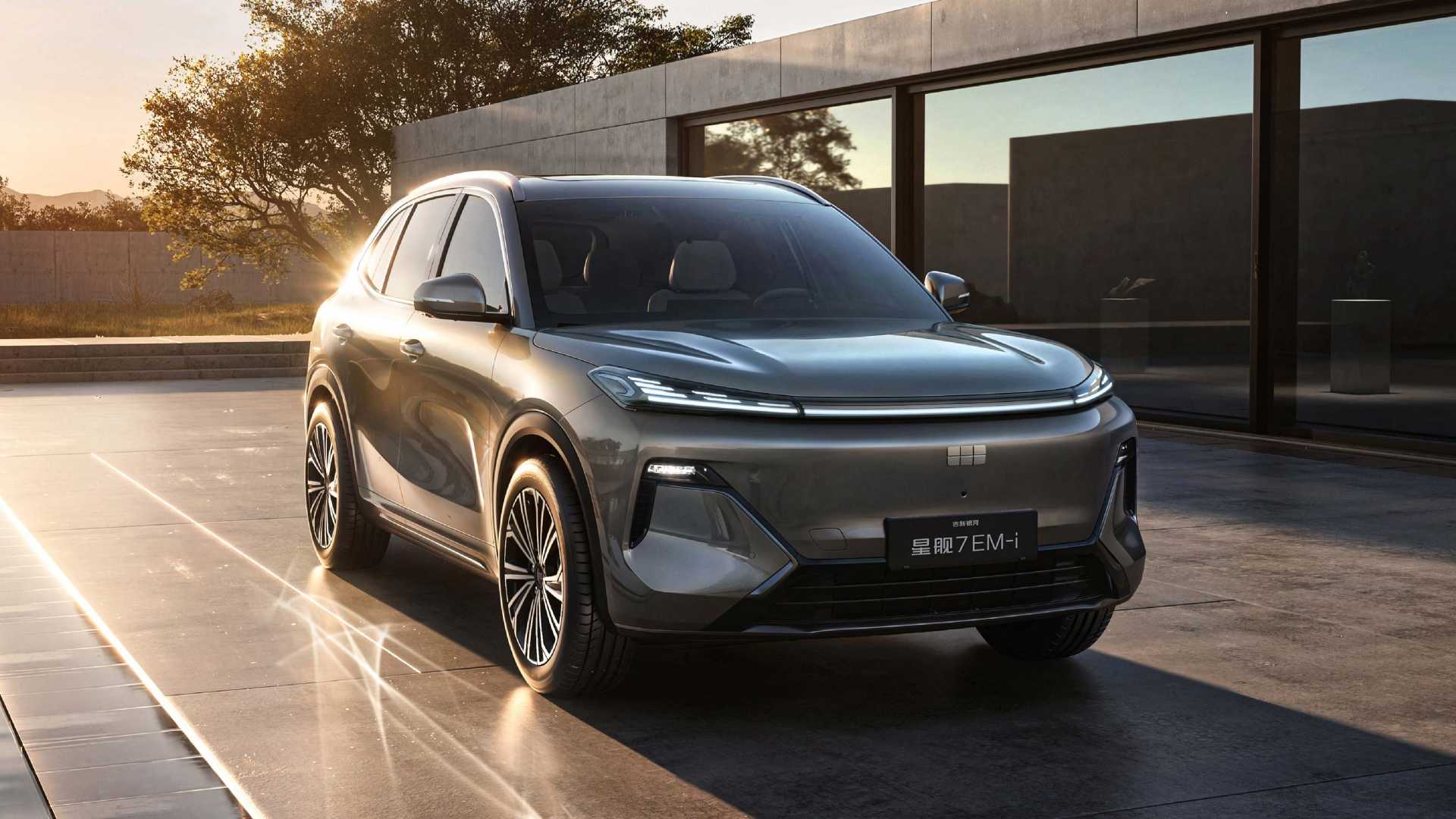The European Union and China have initiated talks aimed at exploring alternatives to tariffs on goods from China.
electric vehicles
Instead, both nations will assess minimum pricing for electric vehicles.
Reuters
EU Trade Commissioner Maros Sefcovic and Chinese Commerce Minister Wang Wentao concurred on exploring the implementation of minimum price settings, initiating talks “right away.” They discussed imported Chinese electric vehicles such as those produced by
BYD
, encounter significant tariffs in the EU.
Europe and China to Partner on Electric Vehicle Exports

In October, the EU imposed steep tariffs of 45.3 percent on Chinese electric vehicles. According to earlier comments from Sefcovic, another approach would have to be equally “effective and enforceable.” The European Commission expressed reservations, noting that they feel a simple floor price would not sufficiently address the subsidies provided to EV buyers in Europe, which could then disadvantage domestic manufacturers such as BMW.
Audi
, including Mercedes-Benz, all of which offer electric vehicles both within the European Union and internationally. The Chinese market is equally significant for these manufacturers, and the broader German automotive sector has expressed support for ongoing talks.

Should a uniform minimum price not be feasible, the European Commission is prepared to discuss a fresh slate of duties: 17.0% for BYD-manufactured automobiles, 18.8% for those produced by Geely, and 35.3% for SAIC models, with these rates added onto the EU’s regular auto import levy of 10%. These discussions about tariffs have been accelerated due to uncertainties in international commerce triggered by recent levies imposed by the U.S., a crucial trading ally for both the EU and China.
ecosundiaries.com’s Take

President Trump’s
on-and-off-again tariff uncertainty
This might have encouraged other nations and car manufacturers to revisit their trade agreements. The European Union and China may be seeking independent positions from the U.S., protecting themselves against the effects of American tariffs imposed on products coming from both regions.